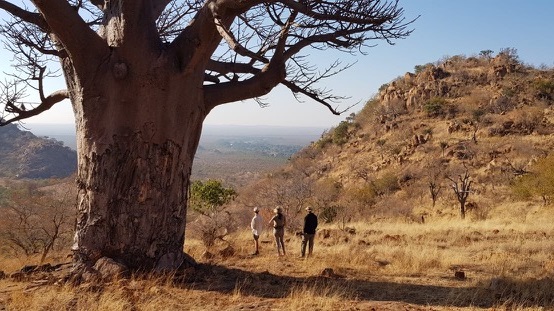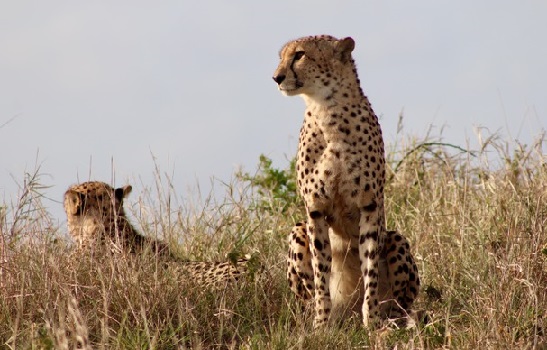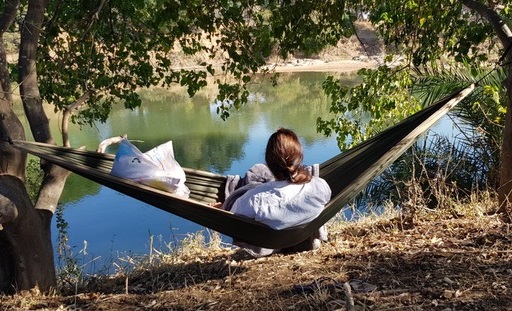Conservation Area
Game Reserve
7km from Platjan Border Post, Tuli Block, Botswana
-22.3328556, 28.83028611




Tswehe Wildlife Reserve is situated in the heart of the Tuli, Botswana. Our vision is a balance between conservation, communities and sustainable low-impact tourism. Through a partnership with Earth Awareness, an environmental education, life skills and leadership development organisation, we have from the beginning engaged on developing the community in our surrounding area.
The 11 304 ha reserve is home to the highest peak of the region called Tswehe Hill, which was named after the elusive Mountain Reedbuck with its whistling call echoing ‘tswehe’ from afar. The reserve borders the mighty Limpopo river in the South, where Pels Fishing Owls are abundant, fishing amongst crocodiles and hippos. Heading North through the vast expanse of the reserve, the vegetation changes from thick riverine forest to Savanna woodland, interspersed by rocky outcrops and ancient Baobabs. Tswehe's rich biodiversity provides a paradise for Elephant, Leopard, Lion, Hyena, Zebra, Giraffe, Wildebeest and a host of many antelope and wildlife species.
Conservation & Community Highlights:
- Preserving a healthy wildlife population in a semi-fenced, open system
- Environmental education in surrounding schools, this includes trips for kids into the reserve, tree planting in the village, etc.
- The Joyful Centre, a day care supporting the orphaned children of the Mathathane Village
- Elephant Conflict Mitigation and Safety Workshops
- Providing a habitat for rare and endangered species such as brown Hyena, Leopard, Pel’s Fishing Owl, Mountain Reedbuck only found on our reserve
Future Aims:
- Restore areas of erosion, create better roads, remove alien plants
- Protect and plant large indigenous trees, such as baobabs, ana trees, nyala berry, etc.
- Research opportunities to assist in effective conservation and relationship building with our community (elephant migratory routes, alternative income to wildlife poaching)
- Setting up a community donkey patrol to monitor reserve boundary (non-armed, surveillance anti-poaching effort)
- Setting up a learning hub (bee keeping, human-wildlife mitigation, leadership skills, enterprise, etc.)